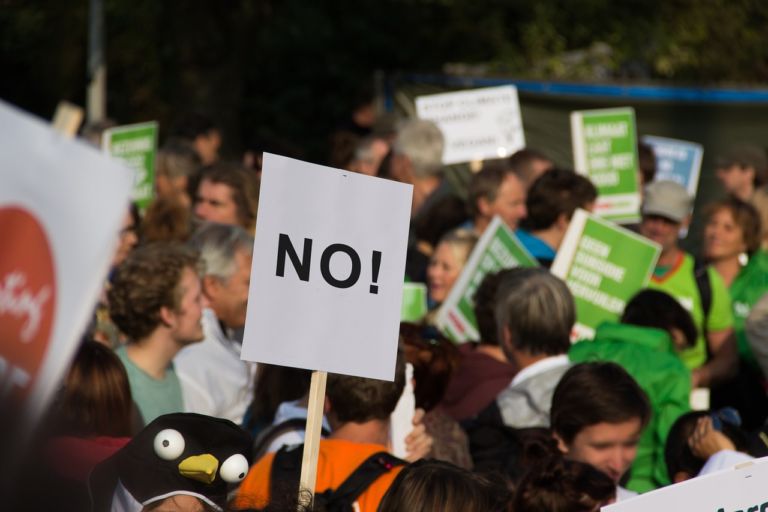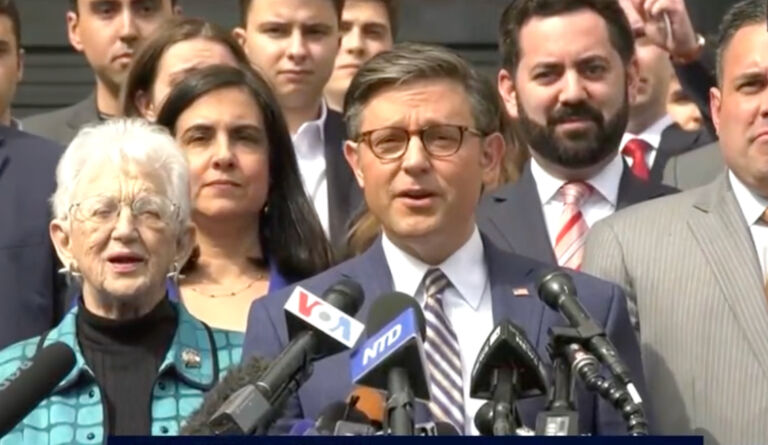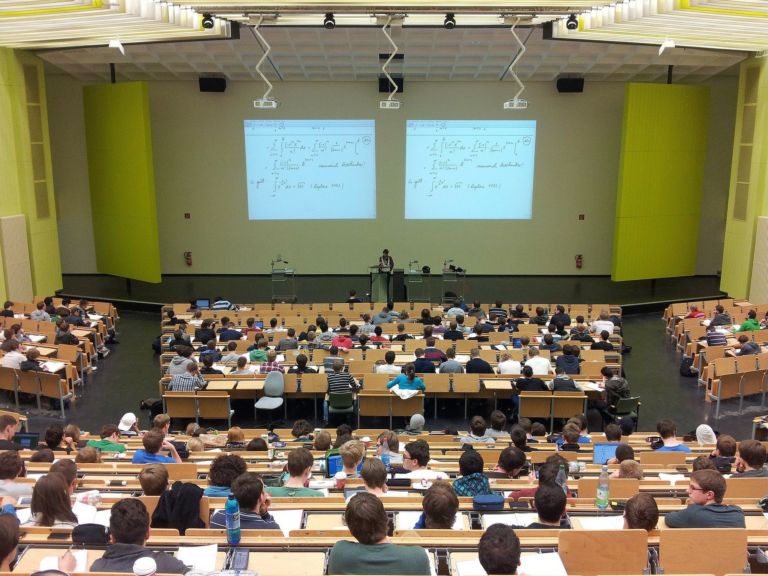Bari Weiss writes for the Free Press about the danger of a noxious ideology.
Twenty years ago, when I was a college student, I started writing about a then-nameless, niche ideology that seemed to contradict everything I had been taught since I was a child.
It is possible I would not have perceived the nature of this ideology—or rather I would have been able to avoid seeing its true nature—had I not been a Jew. But I was. I am. And in noticing the way I had been written out of the equation, I started to notice that it wasn’t just me, but that the whole system rested on an illusion.
What I saw was a worldview that replaced basic ideas of good and evil with a new rubric: the powerless (good) and the powerful (bad). It replaced lots of things. Color blindness with race obsession. Ideas with identity. Debate with denunciation. Persuasion with public shaming. The rule of law with the fury of the mob.
People were to be given authority in this new order not in recognition of their gifts, hard work, accomplishments, or contributions to society, but in inverse proportion to the disadvantages their group had suffered, as defined by radical ideologues. According to them, as James Kirchick concisely put it: “Muslim > gay, black > female, and everybody > the Jews.”
I was an undergraduate back then, but you didn’t need a PhD to see where this could go. And so I watched, in horror, sounding alarms as loudly as I could.
I was told by most Jewish leaders that, yes, it wasn’t great, but not to be so hysterical. Campuses were always hotbeds of radicalism, they said. This ideology, they promised, would surely dissipate as young people made their way in the world.
It did not.


